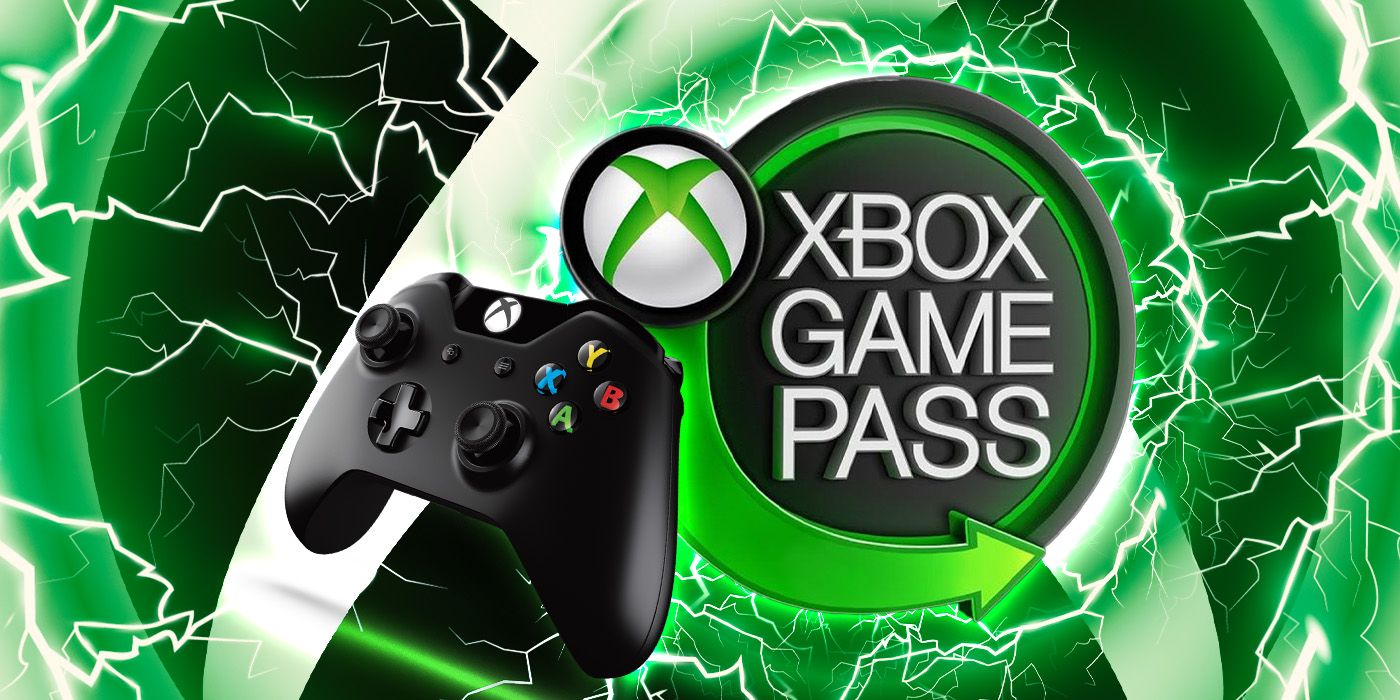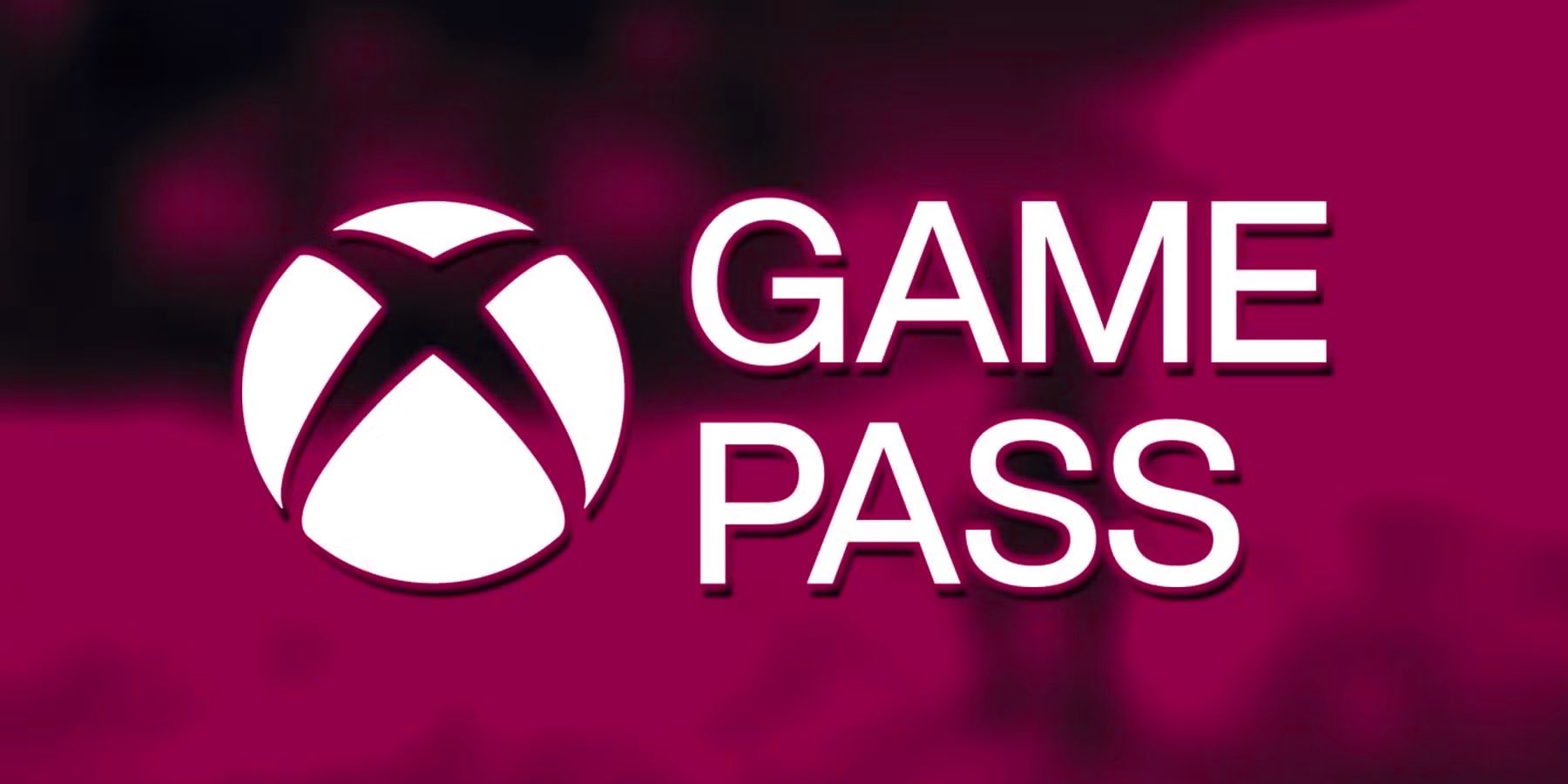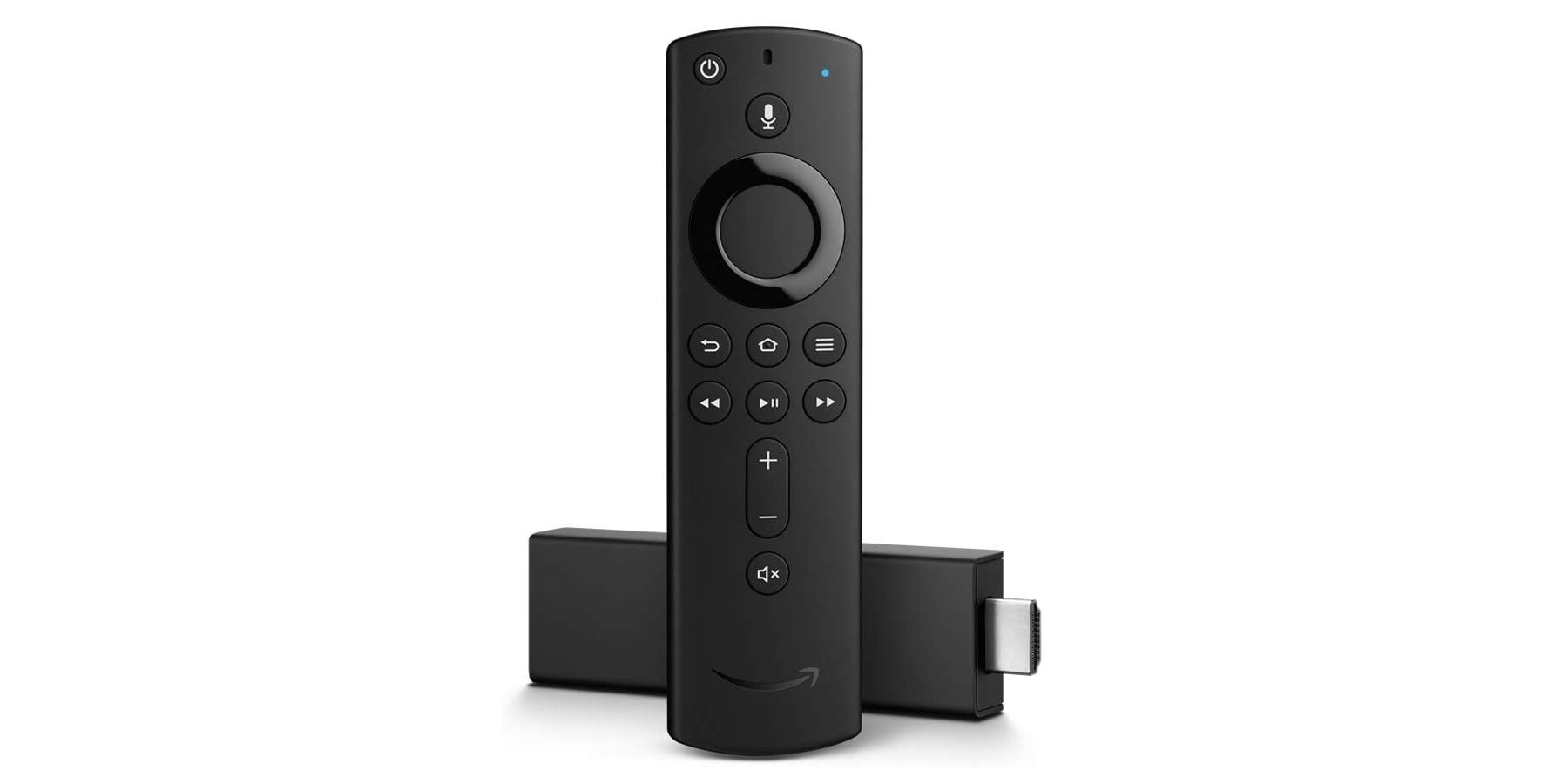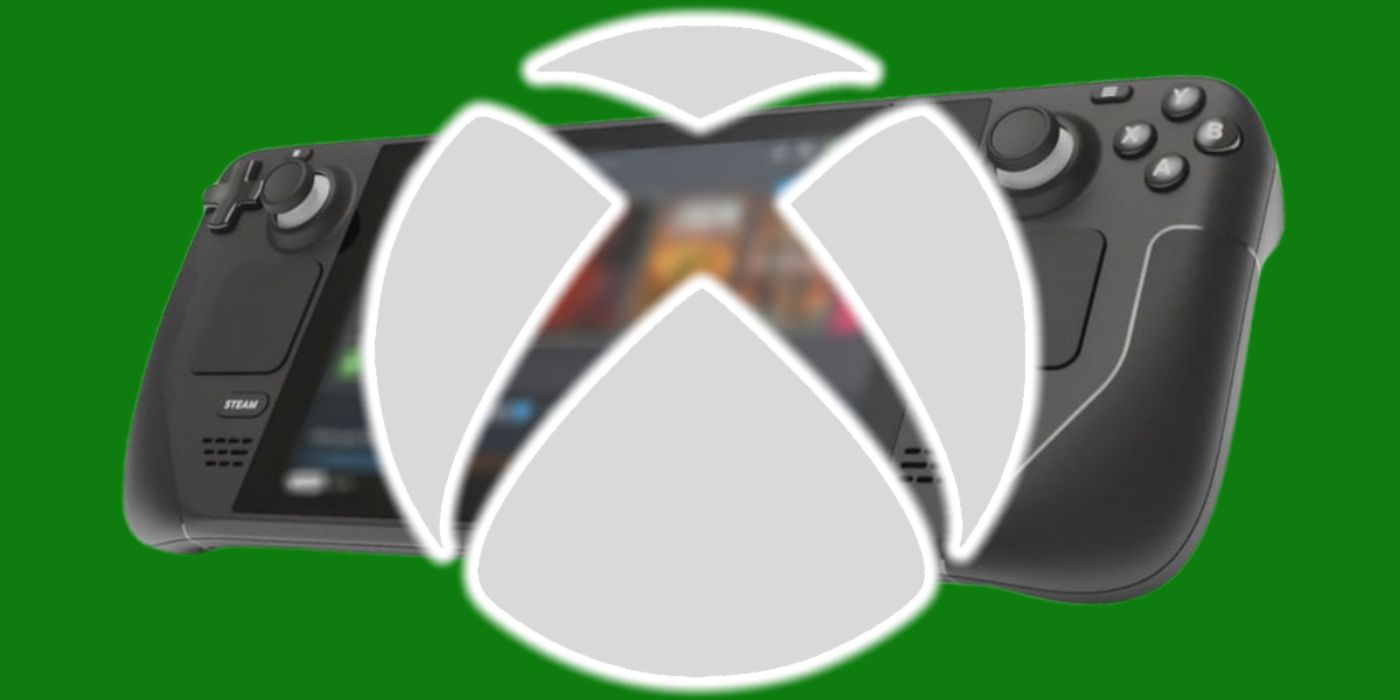While successful, the current Xbox Game Pass model is hampered by its reliance on console sales, a conclusion supported by lackluster success in the hardware market compared to PlayStation. Although Microsoft has invested heavily in gaming in recent years, studio closures and the disappointing market foothold aren’t beneficial for anyone. However, if the console strategy moved toward a platform available across devices, the costs could go to servers and studio maintenance. A shift towards a purely digital, cloud-based Game Pass would have considerable advantages for both Microsoft itself and for Xbox users.
A video game streaming landscape dominated by Game Pass might still seem like an unlikely or undesirable future, but there are plenty of reasons why this path forward could have its own benefits. PlayStation’s recent addition of cloud streaming already shows that Xbox’s most direct competitor is catching up in this key market. If Microsoft doesn’t hurry up, Xbox could miss an ample opportunity to dominate the next frontier of gaming.
Consoles Are Not the Winning Strategy
It’s Time For A New Approach
Xbox’s console-centric strategy is a losing battle against Sony, primarily due to insufficient console sales to justify the significant investment. The cost of manufacturing and marketing consoles, coupled with increasingly competitive pricing, severely impacts profitability. Speaking with The Wall Street Journal in 2022, Xbox head Phil Spencer said that the company lost $100-$200 on the sale of every console, and although those numbers may no longer hold true, the money certainly isn’t in moving hardware.
Related
“Say It Isn’t So”: Xbox Announces Eight Titles Being Removed From Game Pass In November
Xbox Game Pass will see eight titles leave on November 30. Online discussion has suggested that subscribers are a bit upset at this month’s losses.
The real profit lies in game sales where Game Pass could help Xbox overtake PlayStation. Focusing on hardware necessitates a substantial market share to achieve profitability, a position Xbox currently doesn’t hold. Microsoft is putting Game Pass on more and more devices, however. If enough devices have Game Pass, then Microsoft can make a profit based purely on that convenience. If a buyer had to choose between buying a $600 console or downloading an app and paying a $20 subscription fee for the same service (thanks to digital-only games), they might not choose the option that’s more expensive upfront.
If Microsoft took the money that it spends on console manufacturing and put it into servers, lag and latency issues could be heavily minimized. Streaming games could become similarly seamless to streaming a song, potentially establishing itself as the best way to play. Xbox’s focus on Game Pass as a strategy makes sense when viewed in a long-term approach, and developing cloud streaming further could provide better options for everyone.
The Future Is Cloud
The Inevitable Shift to All-Digital Games
The future of gaming is undeniably digital, a shift driven by both technological advancements and evolving consumer preferences. GamesIndustry.biz reported that 99% of PC games were purchased digitally in 2023, while 83% of all console game sales were digital. While attachment to physical media persists, the overwhelming evidence points towards the inevitable dominance of all-digital gaming.
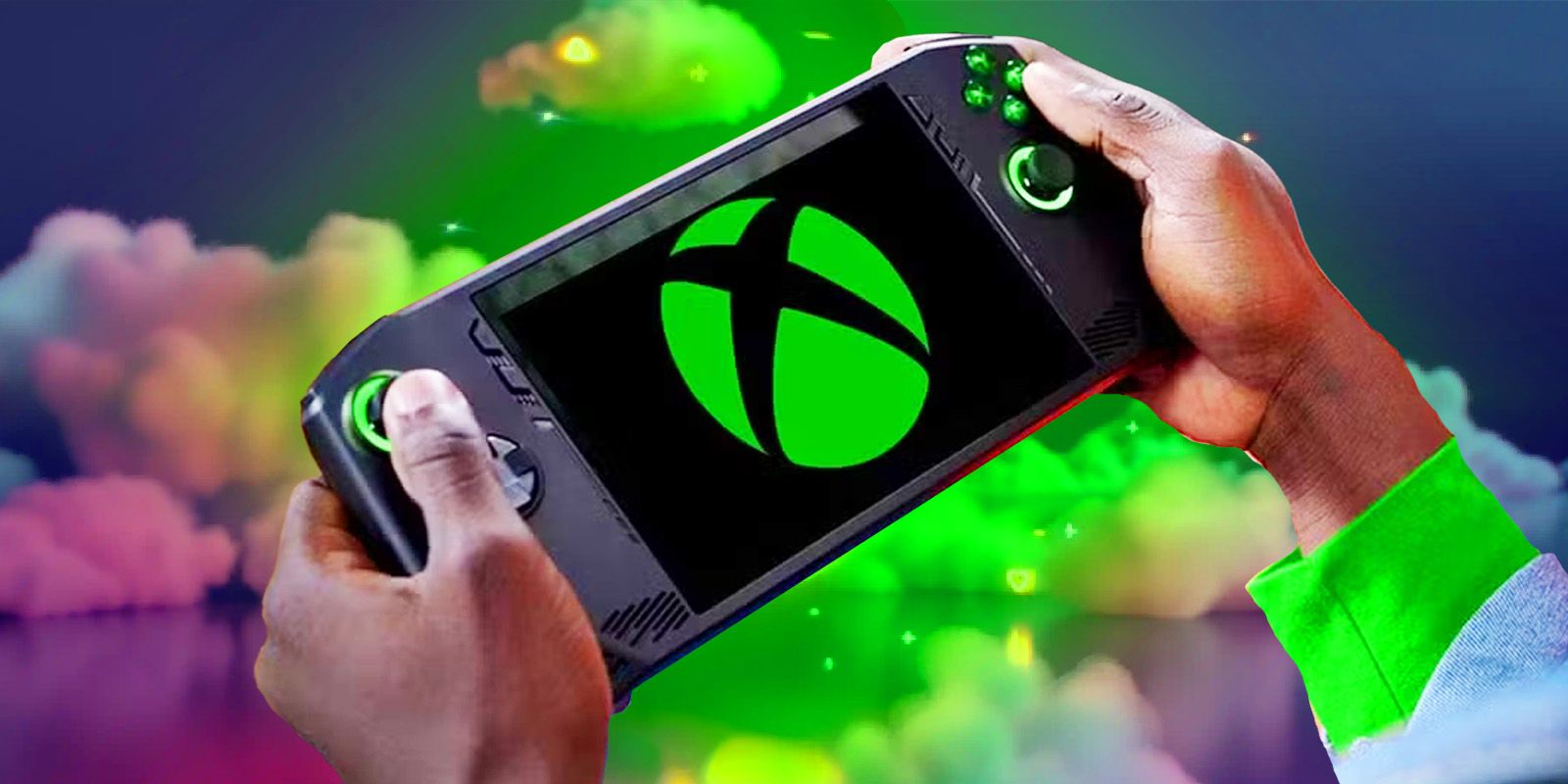
Related
Cloud Gaming Defeats The Whole Point Of An Xbox Handheld
Microsoft finally seems ready to dip its toes into the handheld market, but Xbox Cloud Gaming might already provide a more comprehensive alternative.
Manufacturing and distributing physical copies have significant costs, eating into profits that could be reinvested in server infrastructure, game development, and expanding online features. A digital-only model, just like Netflix for gaming, would dramatically increase profitability by eliminating manufacturing and distribution overheads. Cloud-based gaming would offer instant access, automatic updates, and the ability to carry a vast game library on a single device. While concerns exist regarding game preservation, server reliance, and potential price gouging, physical games present their own potential challenges like discs breaking, getting scratched, and becoming lost.
In the interest of a cloud-based future, Xbox should establish a robust digital archiving system, ensuring that games remain playable even if they are delisted from online stores. The company has already started letting players access their paid games through streaming. The future of physical copies being phased out altogether seems closer than ever, continuing the inevitable march of media formats shifting as technology develops.
Expanding the Xbox Game Pass Reach With Amazon and Roku
There’s More Than One Way To Game
Microsoft should aggressively expand Xbox Game Pass’s reach on Amazon and Roku platforms to capitalize on the growing streaming market and tap into new user bases. The newest Amazon Fire Stick can already use Game Pass, but it should be standard on Fire TVs and Roku. Microsoft should prioritize games on these platforms, making sure that both Xbox Game Pass Ultimate and individual game purchases are readily available.
This push for other services includes cloud-based gaming and the possibility of downloading select titles directly to the devices, which will make playing the games on those devices even easier. Microsoft also needs to make sure navigation is done well on these platforms. The app’s design should be optimized for the specific functionalities of Fire TV and Roku devices. This way, smooth streaming performance and addressing potential latency issues are crucial for user satisfaction.
Finally, Game Pass could offer exclusive deals or partnerships with Amazon and Roku in addition to just getting the app into the services. Paying for Amazon Prime just to get Game Pass for a few months, for example, could bring in new users. Successfully using these strategies could solidify Xbox Game Pass as the leading cloud gaming service, surpassing competitors and even getting a substantial portion of the streaming market.
Anti-Digital Propaganda Didn’t Work on PC, Why Consoles?
Progress Won’t Be Stopped So Easily
The PC market’s transition to digital was gradual, but the almost exclusively digital marketplace that’s emerged has made its advantages clear. However, consoles have a few things holding them back. The PC’s open architecture meant users were accustomed to downloading and installing software, making the shift to digital games less jarring than it is for console gamers used to physical media. Secondly, the PC’s diverse software ecosystem already had robust digital marketplaces like Steam well-established before widespread anti-digital sentiment started. These platforms offered convenience, automatic updates, and community features, which Game Pass needs as well.
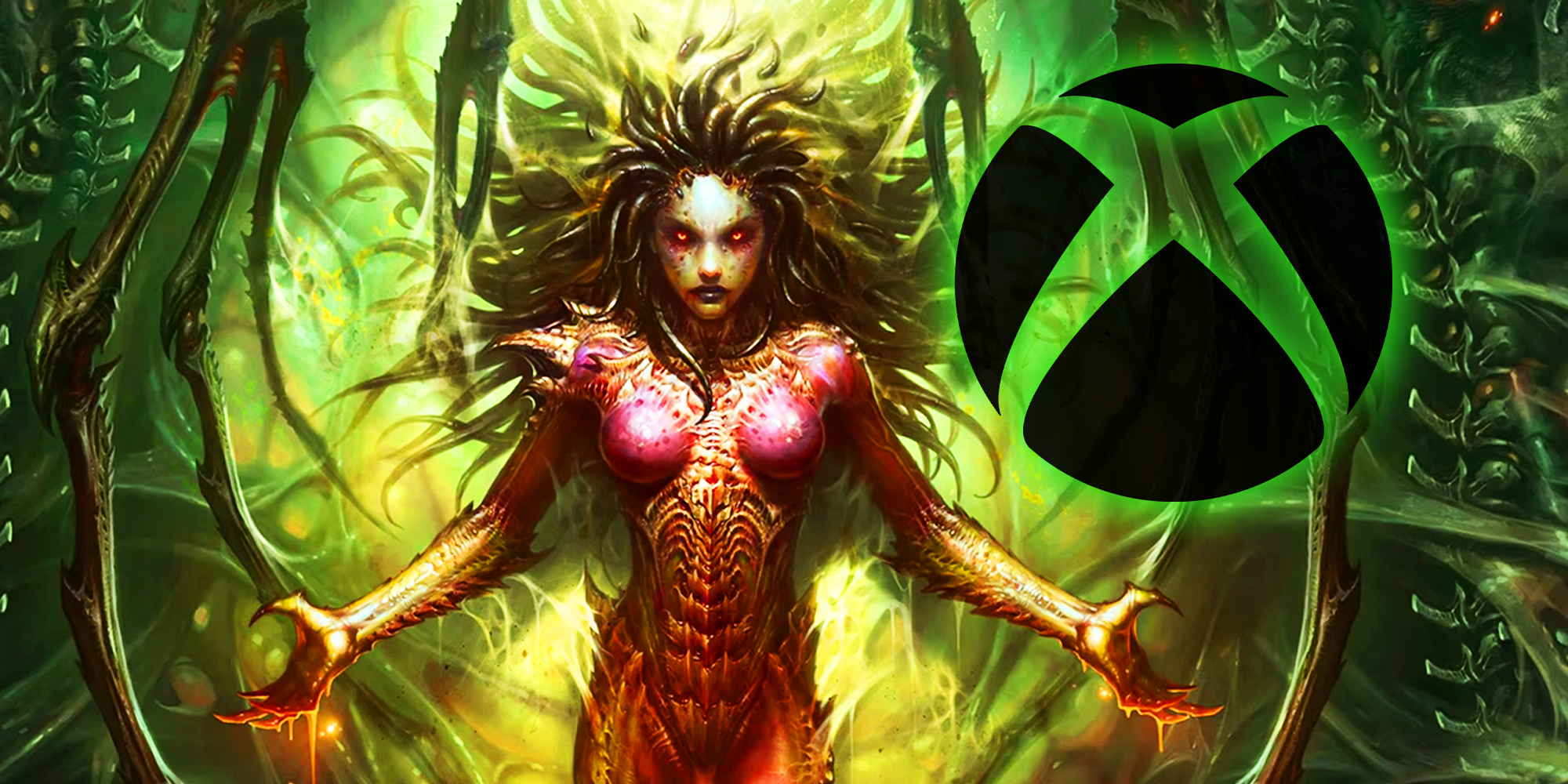
Related
StarCraft 2 On Xbox Game Pass Revisits My Favorite Game Of All Time, But There’s One Big Caveat I Didn’t Plan On
StarCraft 2 is one of my favorite games of all time, but its introduction on Xbox Game Pass and PC Game Pass feels like an afterthought.
While digital-only consoles have become commonplace, there’s still a significant pushback. There are plenty of reasons to keep games physical, but markets like music have already shown that the advantages of physical media can be out-competed by streaming. While streaming music initially had some kinks, it’s proven to be convenient and effective for the average listener. Music listeners have vast libraries for free or for a small subscription cost, typically around the cost of a single CD a month, and audiophiles have more access to music than ever with options for premium formats that feature minimal compression.
Looking at the current state of the industry, a digital-only future seems inevitable. Right now, Microsoft has the chance to get ahead of things and outcompete Sony by starting the next round ahead of time and establishing itself with Xbox Game Pass before Sony has a chance to. In the future, the idea that playing a new game could rely on a $70 purchase might seem like an antiquated concept, and the shift could come with significant advantages for everyone.
Sources: The Wall Street Journal, GamesIndustry.biz
